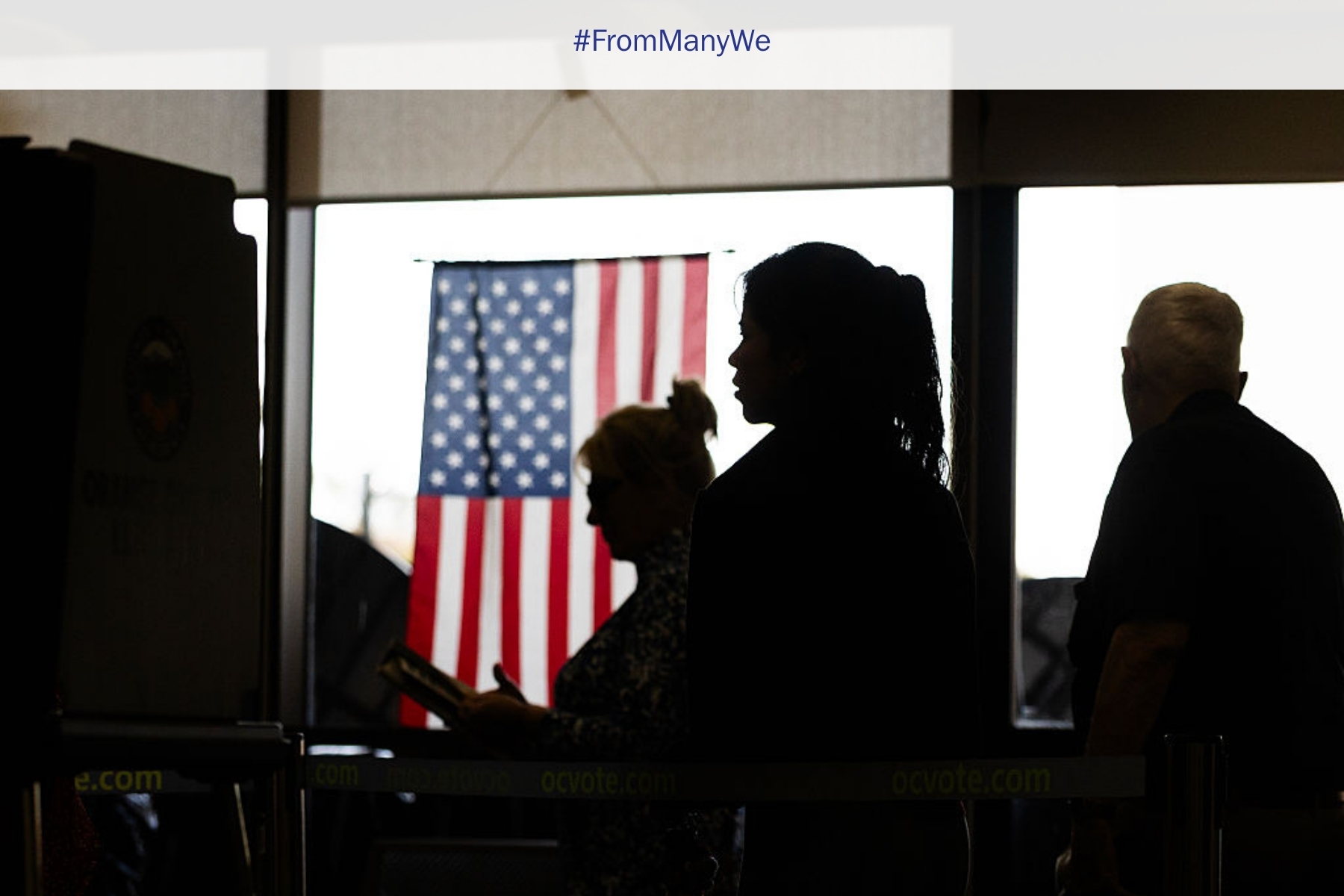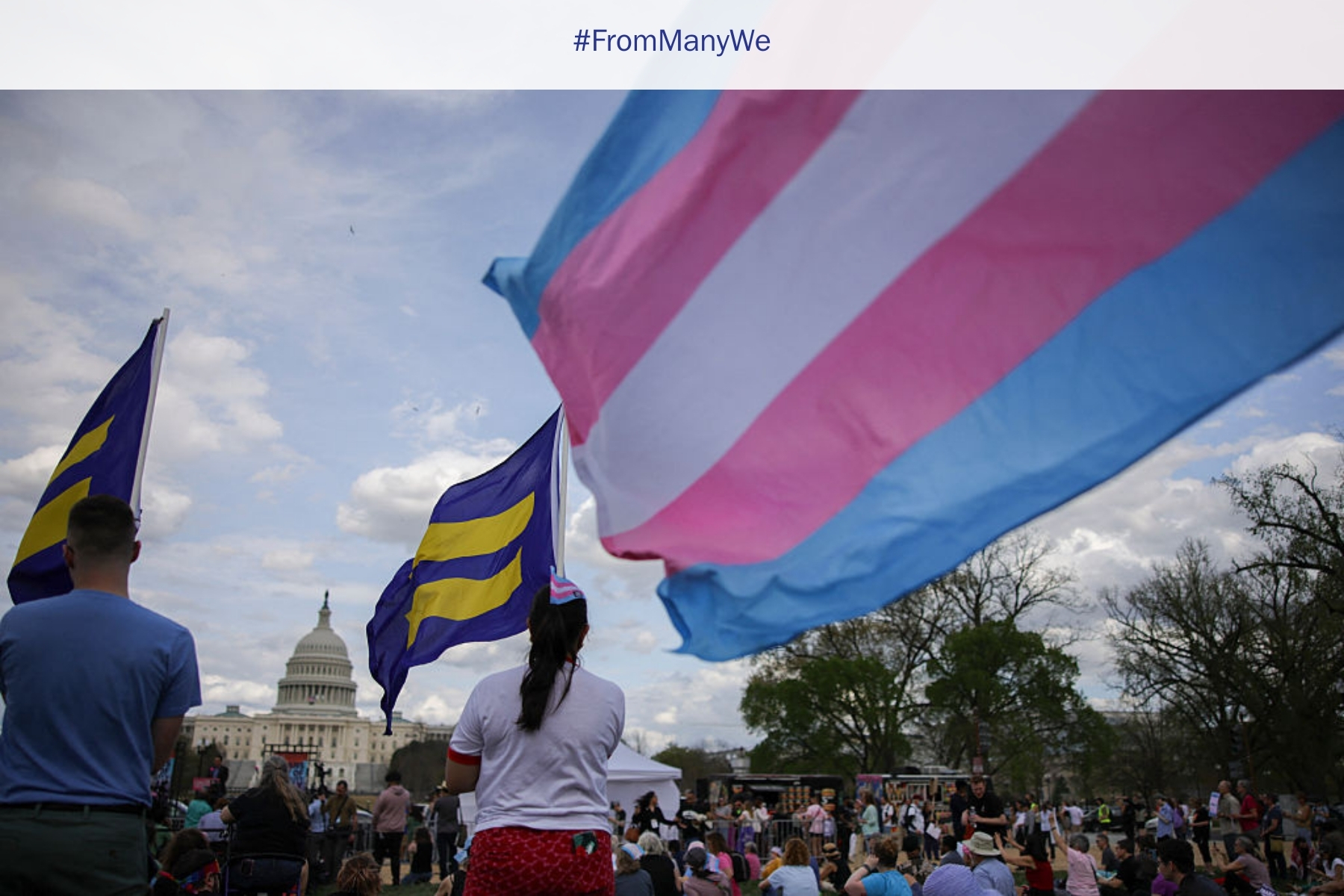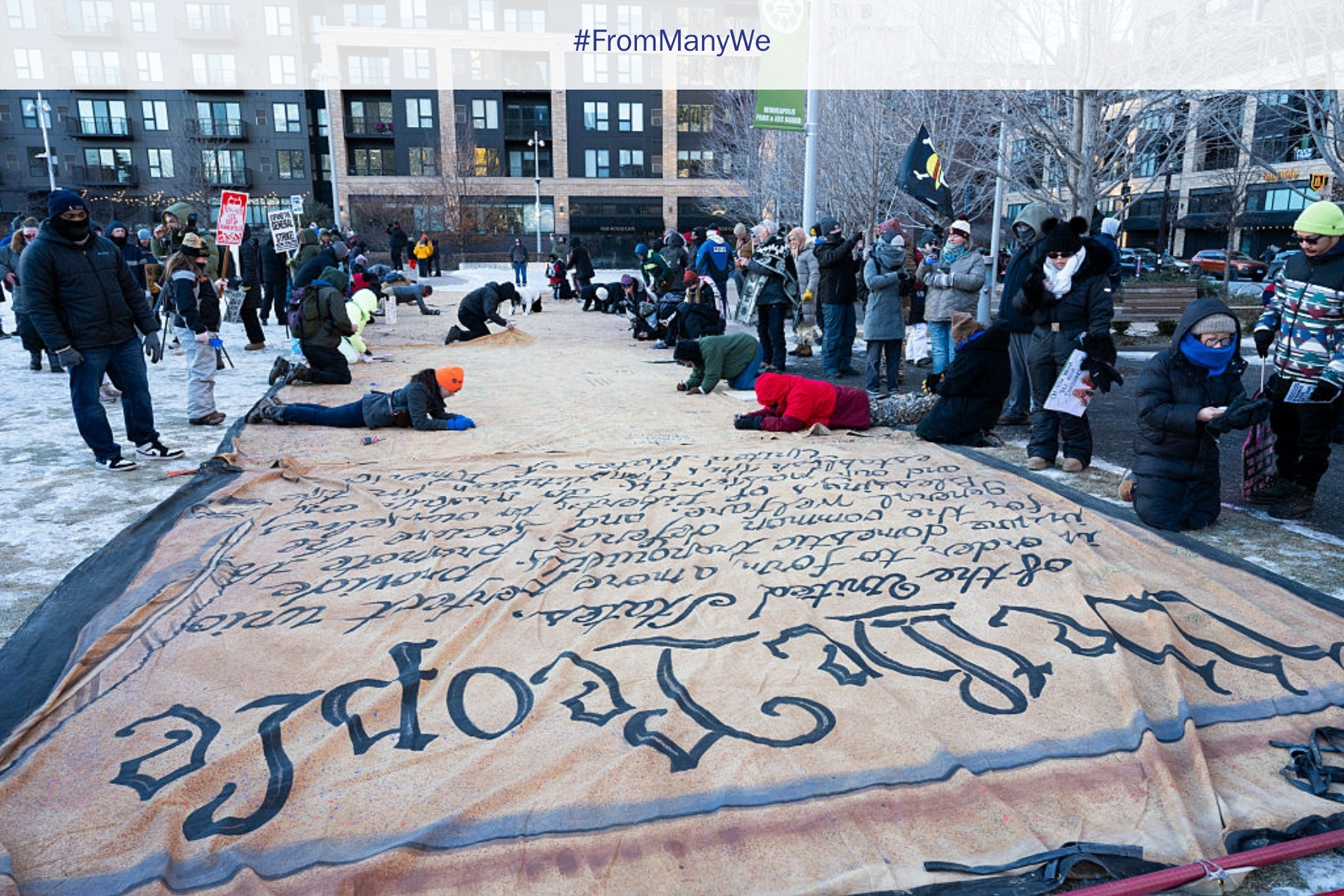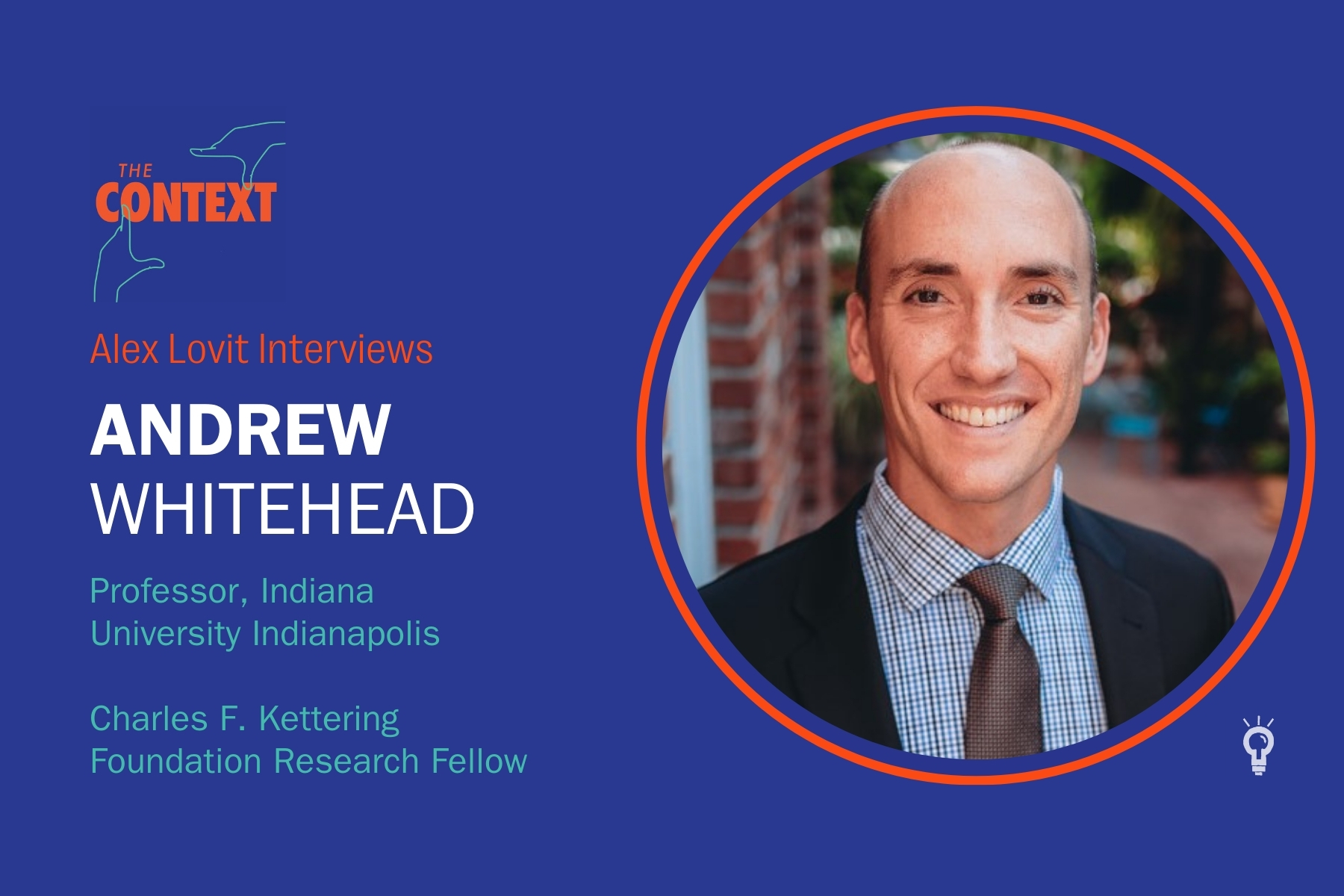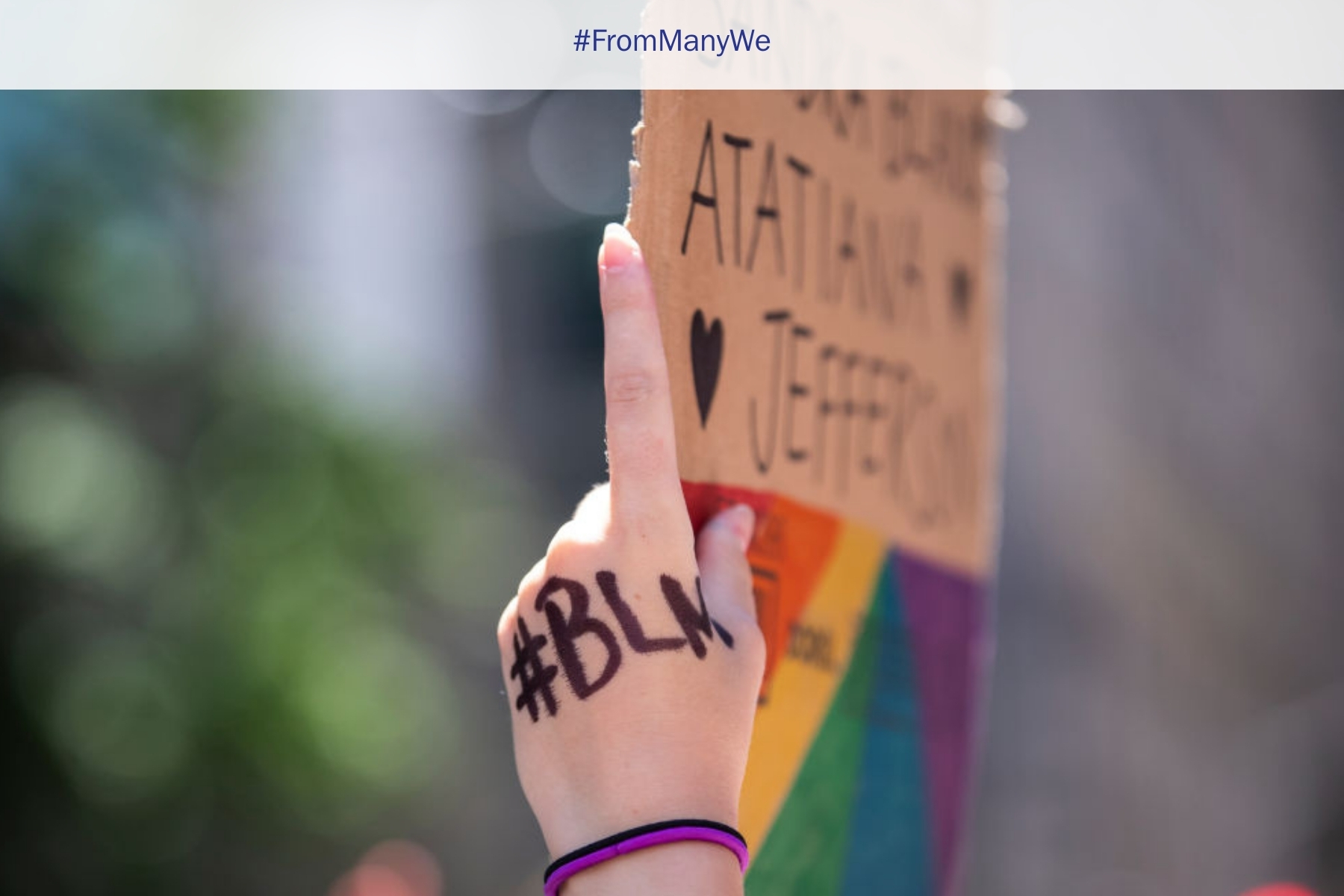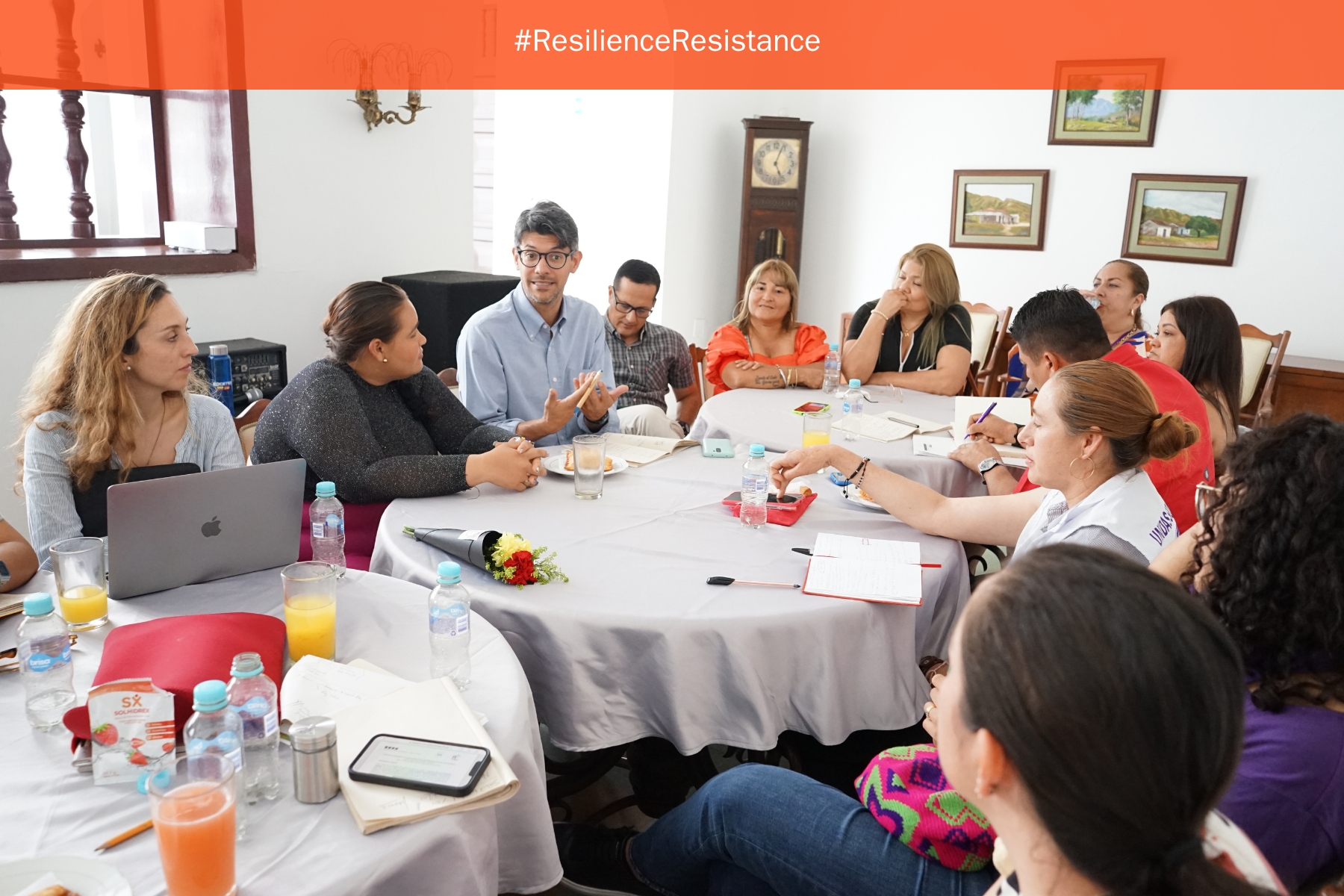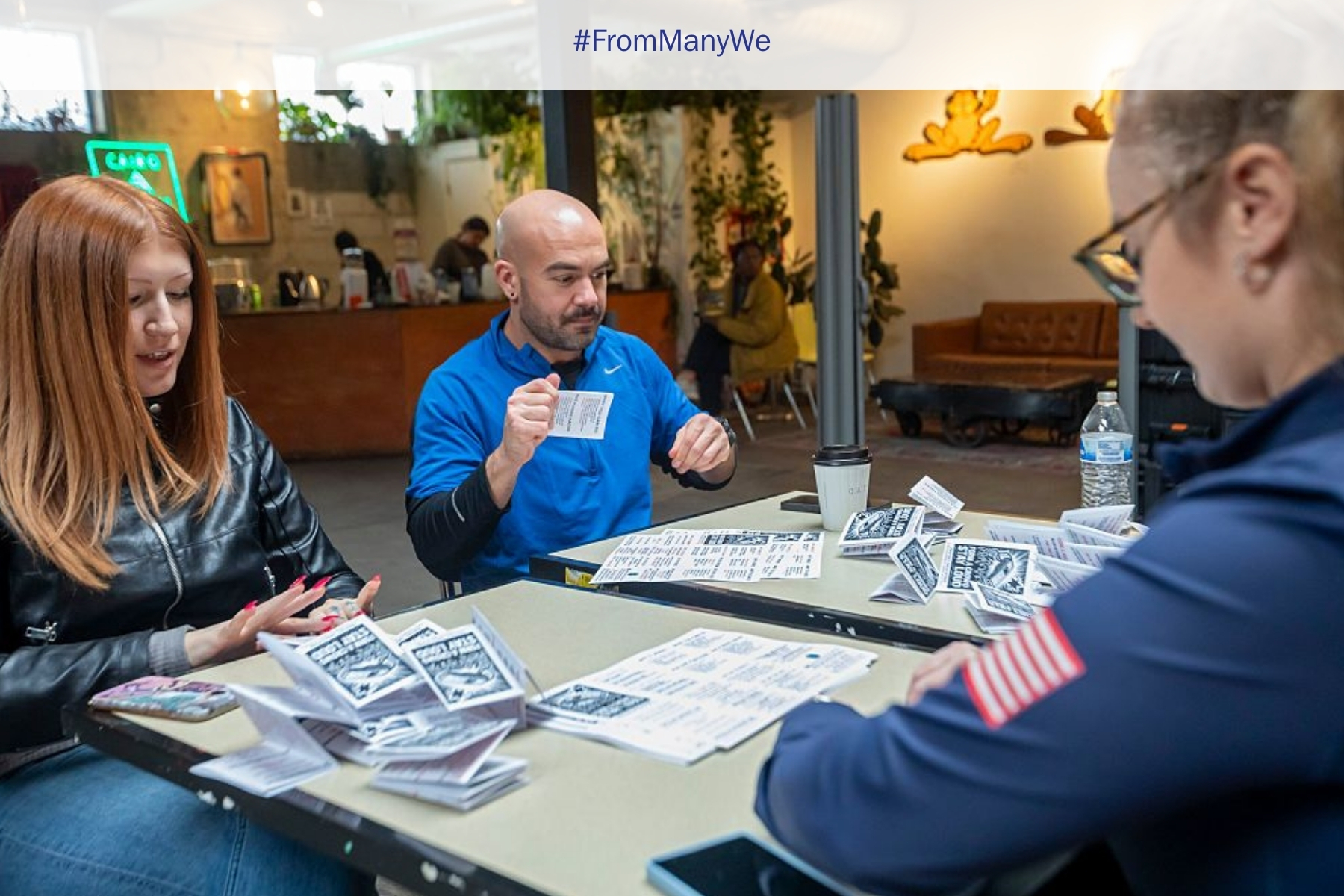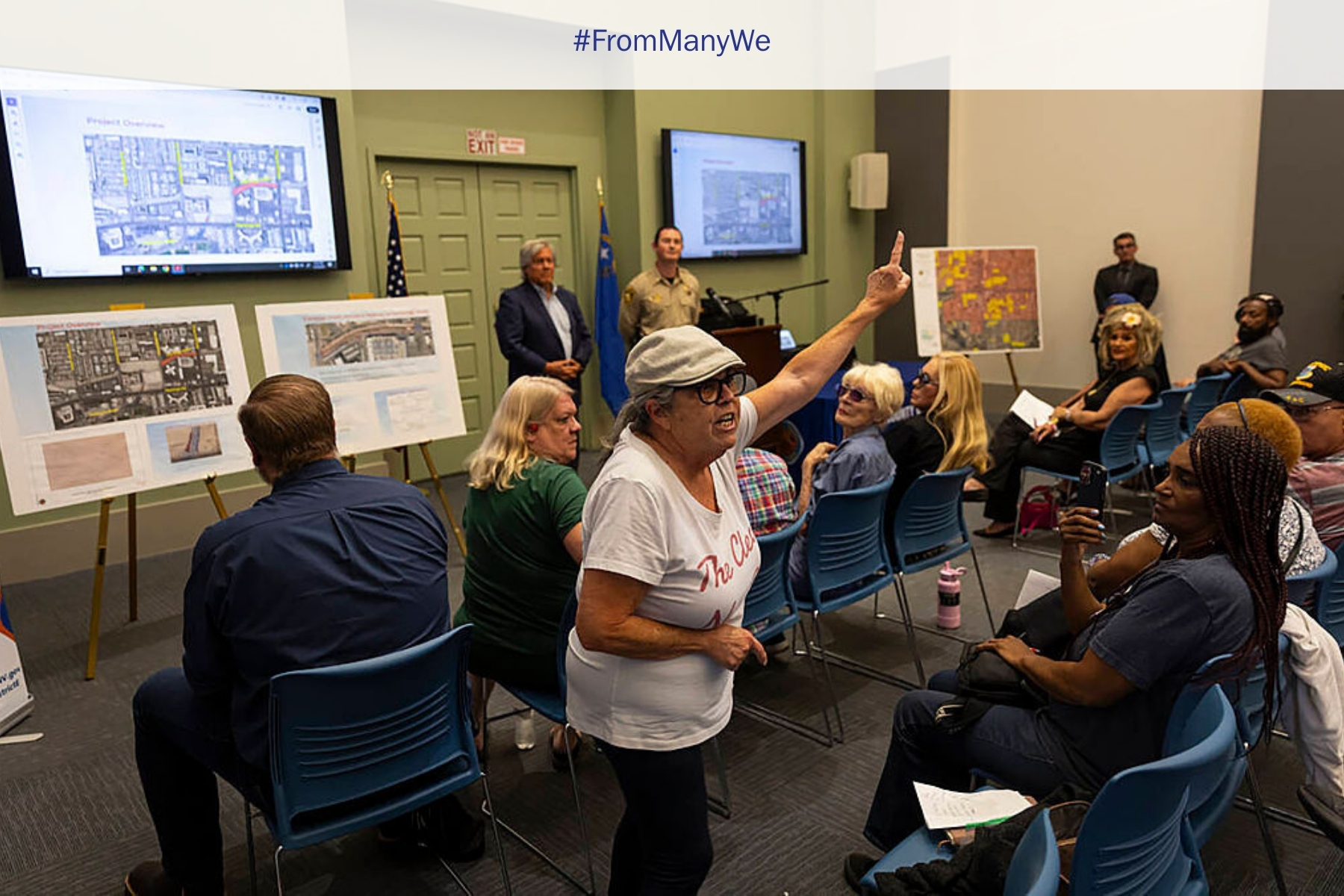The Democracy for All Project: An Annual Survey and Research Initiative
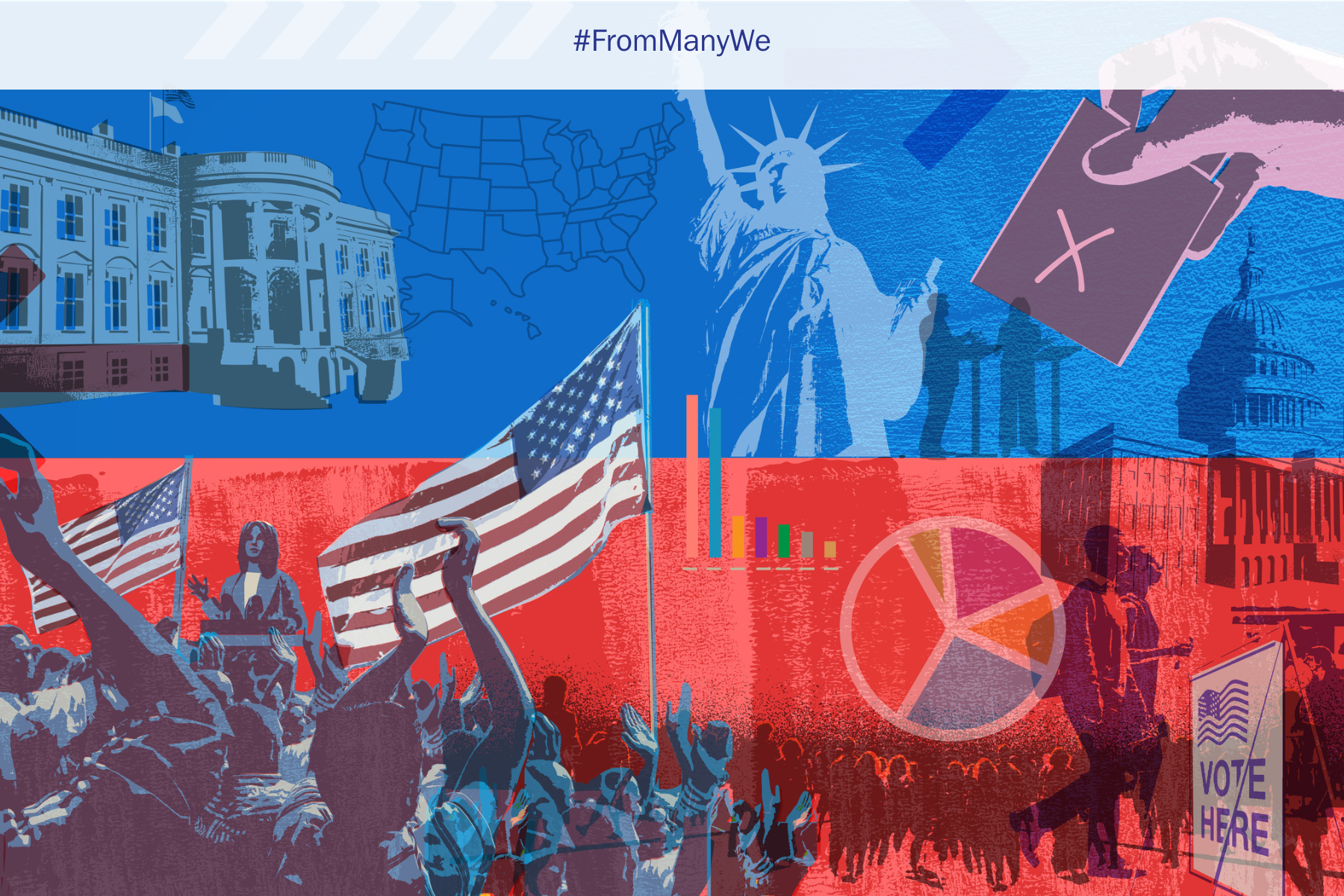
American democracy faces growing polarization and extremism, disinformation is sowing chaos and distrust of election results, and public discourse has become increasingly toxic. According to most rankings, America is no longer considered a full democracy. Many experts now believe American democracy is becoming more autocratic than democratic. What does the American public think of these developments? As Keith Melville and I have noted, existing research has little to say about the deeper causes of these trends and how they are experienced across partisan and cultural divides. The Democracy for All Project, a new partnership of the Kettering Foundation and Gallup Inc., is an annual survey and research initiative designed to address that gap by gaining a comprehensive understanding of how citizens are experiencing democracy and identifying opportunities to achieve a democracy that works for everyone.
A Nuanced Exploration of Democracy and Its Challenges
Beyond surface-level observations, a more nuanced exploration of democracy and its challenges is critical. Democracy has never worked fully for many groups in a nation founded on the enslavement of African Americans, the exclusion of women, and the conquest of Indigenous peoples. People’s dissatisfaction with democracy may have multiple, perhaps even contradictory, sources. Citizens today are worried about access to affordable housing and health care, the quality of education, and escalating prices for food, gas, and basic necessities. Some also believe institutions represent the wealthy and elites. At the same time, many of the most privileged believe that they are being discriminated against because of efforts to address historical inequalities.
As the challenges to American democracy have evolved, survey research must also grow and adapt. The depth of the divisions and discontent go beyond conventional explanations based on previous eras in our nation’s history. Are Americans hopelessly divided, or are there opportunities for common ground? How can institutions be improved to be more worthy of Americans’ trust? Surface-level questions will be insufficient to diagnose and reverse the dissatisfaction that has enabled this democratic backsliding.
Tying in Lived Experience
The starting point for the Democracy for All Project is the overwhelming evidence that many Americans perceive democracy is not working for them. For Americans to regain their faith in democracy, they must experience democracy positively in their communities and everyday lives. The research will introduce a novel approach to measuring democracy and will examine the deeper emotional and cultural drivers behind how people choose to engage with democracy today. How do ordinary Americans engage in 21st century democracy? What are the obstacles? How is democracy, or democratic backsliding, reflected in things they care about?
Values and Civic Identity
At the center of these trends is America’s future as a multiracial, pluralistic democracy. The US is projected to become majority-minority in 2045, and Gen Z is more diverse than preceding generations. Historically, diverse democracies have generally failed. The future of American democracy may depend on whether Americans can find common ground on core questions of national identity. Many of today’s most divisive issues hinge on attitudes toward various forms of diversity, including reckoning with America’s racial past, immigration, gender identity and LGBTQ+ rights, and whether America is or should be a Christian nation. What do Americans mean by “We, the People”? Do they see ethnic, racial, religious, and gender diversity as a national strength or a threat?
Elevating All Voices
To study these questions, today’s democracy demands robust data that reflect its growing diversity. A key goal of The Democracy for All Project is to elevate diverse voices while finding opportunities for common ground. The survey is committed to a best-in-class large sample size—20,000 adults—sufficient to account for the multi-dimensionality of people’s identities. The data will not be the same across groups or even within groups. Emerging research is showing that minority groups are not homogeneous, so differences within groups by gender, generation, nationality, education, and religion need to be fully understood. Within Gen Z, differences by gender are emerging. These trends can be understood only by including hard-to-reach populations with sufficient demographic resolution to study under-researched subpopulations.
A Commitment to the Long Term
Finally, the current crisis of American democracy has evolved over many years, and if democracy continues to decline, it will not fail overnight. To see how American democracy continues to evolve and respond, Kettering and Gallup are committed to annual surveys over an initial five-year period, with the flexibility to supplement core questions with specific items from year to year.
On November 20, Kettering and Gallup will release Is Democracy Working? the first of two reports on this year’s data. With a deeper understanding of what citizens want from their democracy, citizens, change-makers, and leaders can begin working together toward a shared vision in which everyone has a voice and feels valued.
Derek W. M. Barker is senior program officer for research initiatives at the Charles F. Kettering Foundation, a political theorist, and the lead editor of the foundation’s blog series From Many, We.
From Many, We is a Charles F. Kettering Foundation blog series that highlights the insights of thought leaders dedicated to the idea of inclusive democracy. Queries may be directed to fmw@kettering.org.
The views and opinions expressed by contributors to our digital communications are made independent of their affiliation with the Charles F. Kettering Foundation and without the foundation’s warranty of accuracy, authenticity, or completeness. Such statements do not reflect the views and opinions of the foundation which hereby disclaims liability to any party for direct, indirect, implied, punitive, special, incidental, or other consequential damages that may arise in connection with statements made by a contributor during their association with the foundation or independently. The views and opinions expressed by contributors are likewise made independent of their affiliation with Gallup and without Gallup’s warranty of accuracy, authenticity, or completeness. Such statements do not reflect the views and opinions of Gallup, which hereby disclaims any association with or endorsement of such content.
